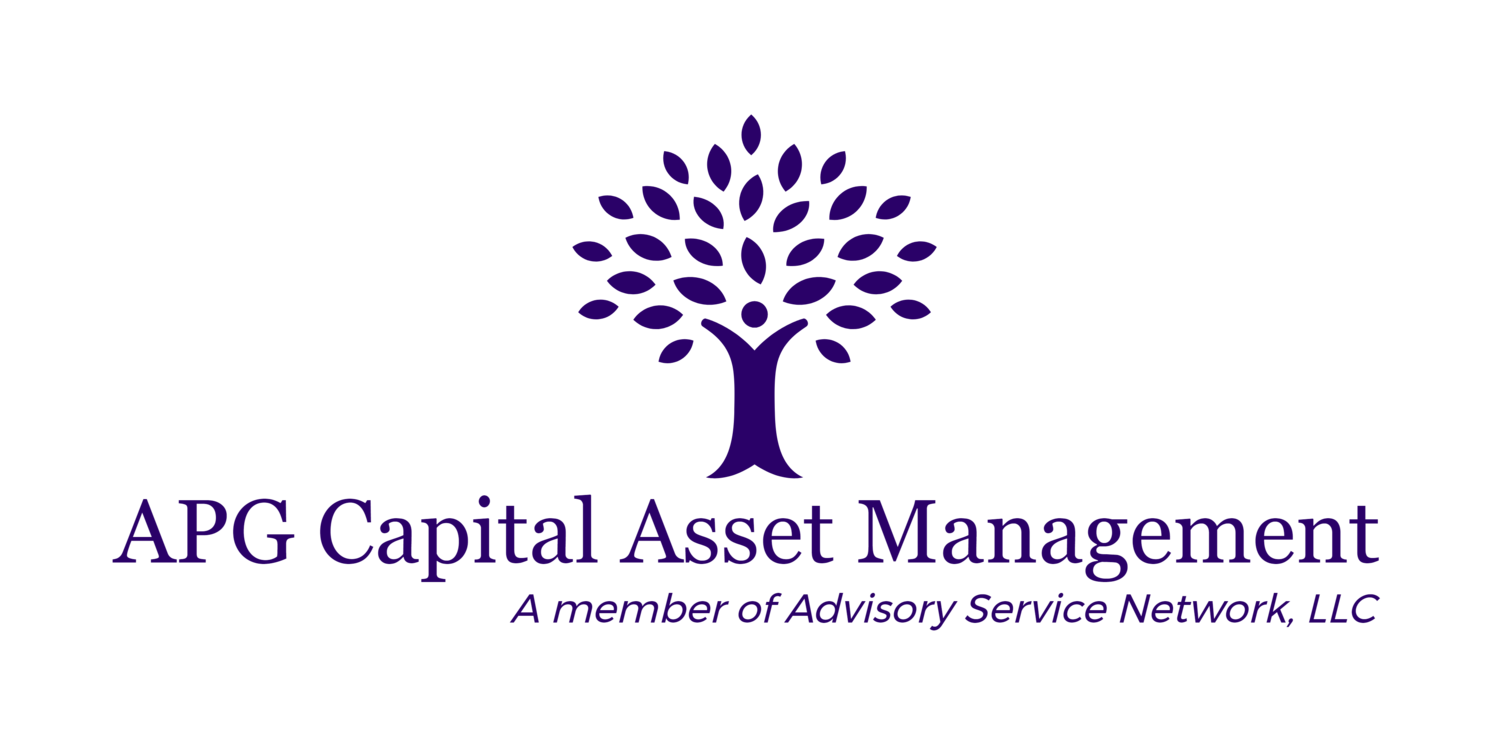I recently came across a Peter Attia Drive Podcast featuring John Arnold, the famed natural gas trader. It is a wide-ranging discussion about John’s background, his career at Enron, his fund Centaurus, and his philanthropic work after closing his fund. I highly recommend listening to the podcast. Through this candid discussion you can sense John’s uncanny clearness of thought, his intense focus on maximizing returns, and his values that drive his new goals.
John and I worked at Enron and are acquaintances. We graduated from college the same year, joined Enron within months of each other, traded energy there, started hedge funds around the same time, and ultimately, we both walked away from trading. There are (obviously) major differences, as he is regarded as the most successful energy trader of all time and has funded a multibillion-dollar foundation which grants $400 million dollars a year (!) tackling some of the biggest issues facing our society.
While the whole discussion is fascinating, I wanted to dive into a one area in particular-- his decision to walk away from trading when he closed his multibillion-dollar fund. Even though John had made more money than he would possibly spend, leaving such a profitable firm was incredibly hard. He talks about how he had seen other traders retire, only to regret leaving the fast pace and short-feedback loop. He knew he would be facing a challenge of maintaining focus and interest, as his new foundation could spend 5-8 years researching an area to fund a program, without knowing of any progress for many years after that.
John discusses at length how he came to the decision. Here are three main points:
First, as word of his success bred competitors, the market became more efficient. The lower risk arbitrages that were his bread and butter were harder to capitalize on and he was forced to make more market calls to generate above market returns.
Second, he discusses the all-encompassing nature of his career as a trader, thinking about a singular topic during all hours, waking and unconscious. He discusses the physical drain and stress of the lifestyle and that his only job, from literally days after graduating, was dealing with the grind and stress of battling the markets.
Third, and maybe most importantly, he was looking to make a difference in society. He candidly describes that while trading helps create a well-functioning market for companies to hedge and make business decisions, he saw little benefit to the world from this activity.
I grappled with some of what John was feeling. I wanted to be more engaged with my community and be of service to those who needed help. My path after trading led me to start a financial advisory firm focused on commodity traders and brokers.
I thought there was a need to help people, especially in the industry, to navigate their financial lives. As I have written before, investing and trading are different. One distinction, that John discusses in the podcast is that unlike a natural gas contract there is no delivery date for a share of stock. This and other biases can lead to massive underperformance. Also, the relatively short careers and volatile earnings from year-to-year makes for critical planning and investing decisions. Furthermore, I feel it benefits traders and brokers to have a trusted advisor who knows the industry to help with the day-to day grind, maintain the focus needed to excel, and who understands the challenges that they face.
Hearing about how John and his wife Laura started Arnold Ventures and about their efforts to make real changes in the world through fact-based research, is inspiring. The industry should be proud that so many traders and brokers find personal fulfillment in supporting and starting charitable causes. I am fortunate that this new role allows me to give back to the community by providing pro bono services to people in my community who are facing financial or personal hardships who need guidance and advice. I would encourage others needing additional fulfillment to take John’s lead and find worthy causes to support. Maybe there are more benefits to our roles in the market than we give them credit for.
This material is provided as a courtesy and for educational purposes only from APG Capital Asset Management, A member of Advisory Services Network and should not be construed as investment advice. All views/opinions expressed are solely those of the presenter and do not reflect the views/opinions held by Advisory Services Network, LLC. Please consult your investment professional, legal or tax advisor for specific information pertaining to your situation.
